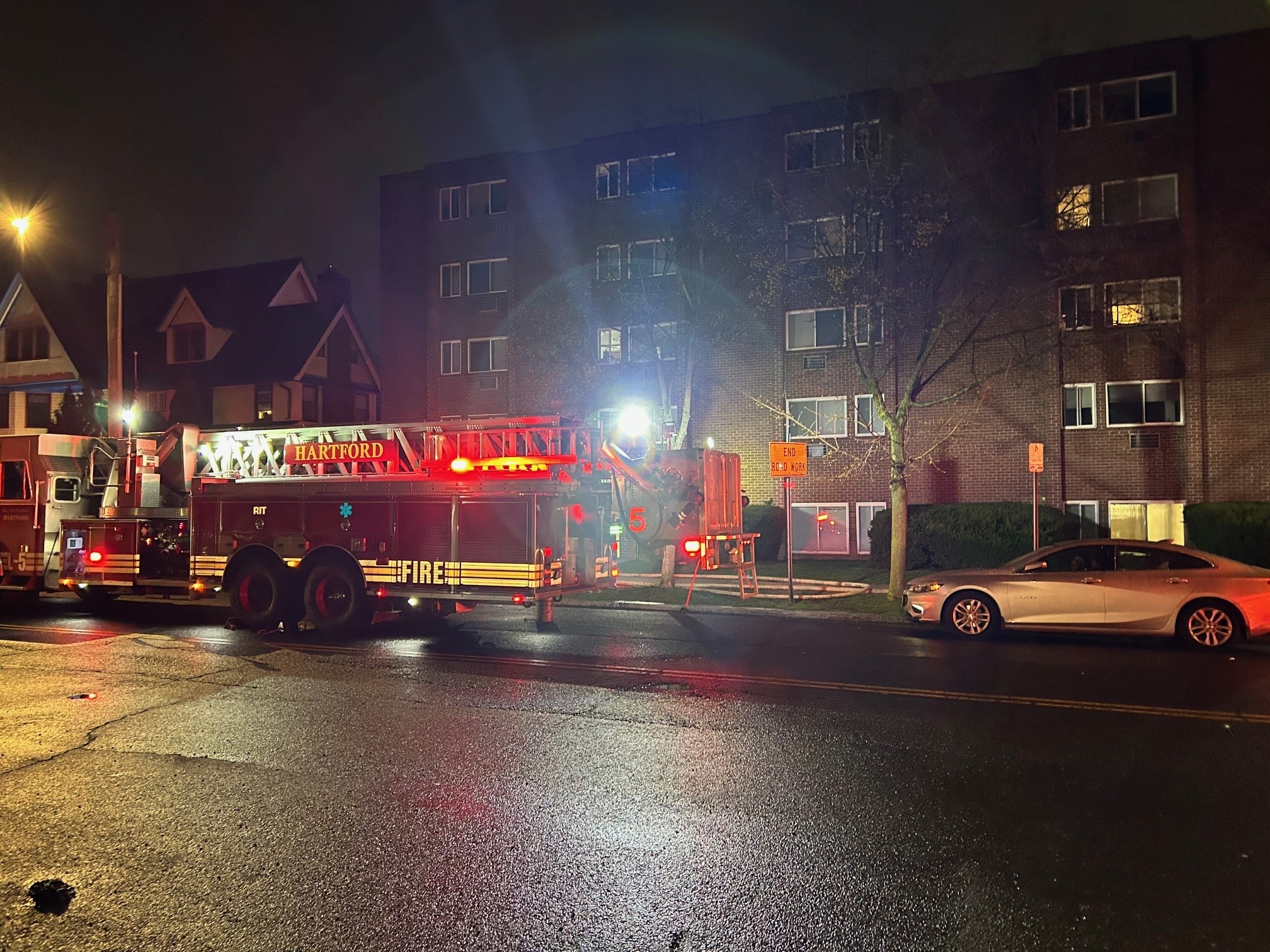Without rules in place, Ledyard has asked property owners to take their listings down off sites like Airbnb and others.
The town of Ledyard is considering whether to allow residents to post homes on Airbnb and other short-term rental sites.
While town officials know renting out homes is nothing new, they’ve recently received a handful of complaints regarding short-term rentals. As it stands, short-term rentals are not addressed in town zoning regulations. Anything not listed or otherwise permitted is illegal, according to the way the regulations are currently being interpreted.
So, last month zoning Official Joseph Larkin distributed four letters asking residents to volunteer to stop renting their properties on sites like Airbnb, VRBO and HomeAway. The notices said homeowners had 30 days to comply or could face a cease and desist and/or a citation carrying fines up to $150 per day. But for now, the situation is in a holding pattern until the town looks into what to do next.
In a statement to NBC Connecticut, Liz Burdick, Ledyard’s director of land use and planning, said in part, “This has prompted the Planning and Zoning Commission and the Mayor’s office to seek a common sense approach to short term rentals and ways to address them either by way of the Ledyard Zoning Regulations or by a Town Ordinance.”
Burdick researched how other towns and cities across the state and country handle short-term rentals. She said ideas brought to the Planning and Zoning Commission Thursday will include letting the community self-regulate short-term rentals, writing simple zoning regulations or writing a town ordinance.
“We’re in a bit of an uncharted territory here and so we just need to create some common sense, good neighbor guidelines,” said resident Jon Day.
Day went to Ledyard’s mayor and other town officials to open the dialogue about short-term rentals in town. Day has rented out his home before and while he wasn’t one of the property owners who received a letter, he took his property offline for the time being.
Local
He and many other short-term rental owners came up with ordinances that he plans to present to Ledyard officials this week.
“It’s really common sense stuff. It’s stuff like noise ordinances, parking ordinances—basically setting out basic expectations of how people should behave,” Day said.
Elena Lockett said she’s rented her Ledyard home through Airbnb and HomeAway without issue.
“At 300 - 400 dollars per night, the guests that I host are professionals and most have young families. The town needs a way to bring in revenue. I pay nearly $9,000 per year in taxes and renting short term is a great way to offset that outrageous bill twice a year,” Lockett wrote in an email to NBC Connecticut.
She mentioned the town potentially compromising by asking owners to register or get a permit if they plan to short-term rent. That way officials can monitor how many rentals are on the market and could have a contact if there is an issue with a particular home.
Some rental owners told NBC Connecticut that they have a vetting process for who stays at their homes, renting gives them additional income, people spend money in the area and it helps ensure houses are kept up in town.
“It’s becoming a nuisance. We’ve got cars going up and down the road much faster than our speed limit, we have strangers stopping at different homes looking for the one they’re looking for at 10, 11 o’clock at night,” Jeanne Hollister said.
Hollister lives on Long Pond Road South and is one of the people who wrote into the town about multiple rentals on her street. She said she and her husband have been bothered by the noise and have concerns about the septic system.
“High school kids came down, they were up all night dropping ‘F’ bombs,” husband Ackley Hollister said.
Day said they take all those concerns seriously, and it’s a policing matter too.
The town will take up the issue at the Planning and Zoning Commission meeting Thursday at 7 p.m.



